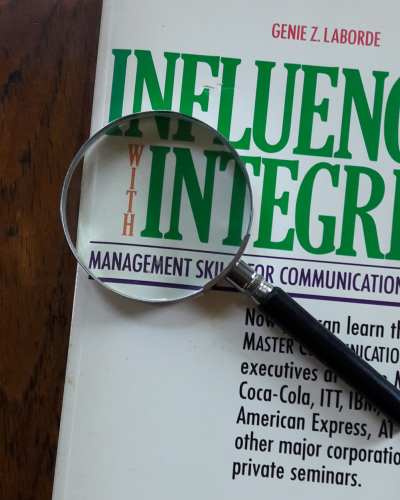Democracy has long been an interest of mine, despite the fact that “in the town where I was born” a dog could have got itself elected had it just worn the requisite red rosette.
So I very much enjoyed the modest proofreading contribution I made to the Swiss National Centre for Competence in Research into Democracy, starting around 10 years ago and up until the NCCR’s conclusion in 2017.
Then, some years later, sitting down for an initial exploratory meeting with a VP of a Swiss research and technology organization to discuss a series of white papers he was penning* I commented that the future of Western democracies (in all their various forms**) was hardly guaranteed. We turned to look at each other. And he agreed. And I knew then that we could work together.
Recently though, I learned that what little I thought I knew about the power of democracy was wrong.
Working with Biel-Bienne’s Artugo on the development of the modest little website elcs.ch, I came up against "adaptivity." The original artwork I’d commissioned for the site from Bristol-based artist Keith Harrison would—it seemed—not appear the same on different devices. It was a little hard to accept that my own smartphone screen size (with still a reasonable share of active devices in many European countries, and big market share in Africa, LAC, and other geographies in which many of my author clients are situated), would have to be sacrificed. But OK.
Then I heard from a client who should, given his professional stature, have the same monitor as, say, Jeff Bezos (and if he hasn’t, the institution he works with had better get one on order, and soon). And he couldn’t see our beloved Chicago Manual of Style on the artwork for the site’s landing page, the screen cutting off at Guardian Style (as AI has, to my knowledge, yet to extend to screens, I assume that this is a technical issue and not a political choice made by the screen).
And we were, together, forced to conclude that unbeknownst to us we are living in a screenocracy, where only those with the biggest screens get to see the whole picture. Us mere mortals, meanwhile, with our puny screens, get only the scraps.
In my youth I believed that arcane knowledge might be hiding in plain sight in venerable reference libraries. And if I were just to fall on the right, dusty volume—preferably one un-consulted for decades—I might find some kind of philosophers’ stone.***
Now, so many years later, the powers that be can simply put anything valuable on the edge of the screen, and only the elect few will ever see it.
Welcome, then, to screenocracy.
[Illustration: All me own work. Honest guvna.]
* Those white papers were to form the backbone of Data, New Technologies, and Global Imbalances: Beyond the Obvious, and the VP was Georges Kotrotsios. I would provide Georges with editorial support for that volume, and for his subsequent volume, Social Classes and Political Order in the Age of Data.
** From representative to direct democracies. From we’ve-elected-the-same-party-in-some-form-for-the last-80-years democracies to the kind where you miss out on voting because you’ve forgotten your ceremonial sword.
*** And perhaps this was, at the time, not such a stupid thought. The public library of my own home town purportedly mis-catalogued a first edition copy of Audubon’s Book of Mammals as "lending." Needless to say, it lasted only a very short time on the lending shelves before disappearing forever.
Had it been I who had found it, I would not have learned anything arcane. But I would probably have retired on the proceeds of the (private) sale.



